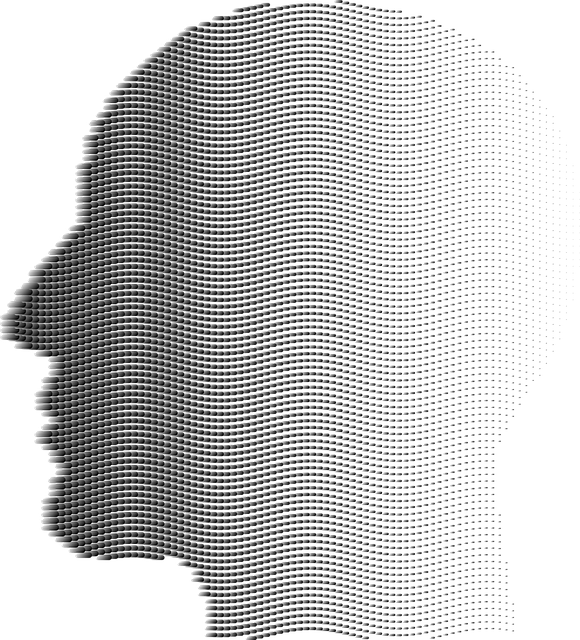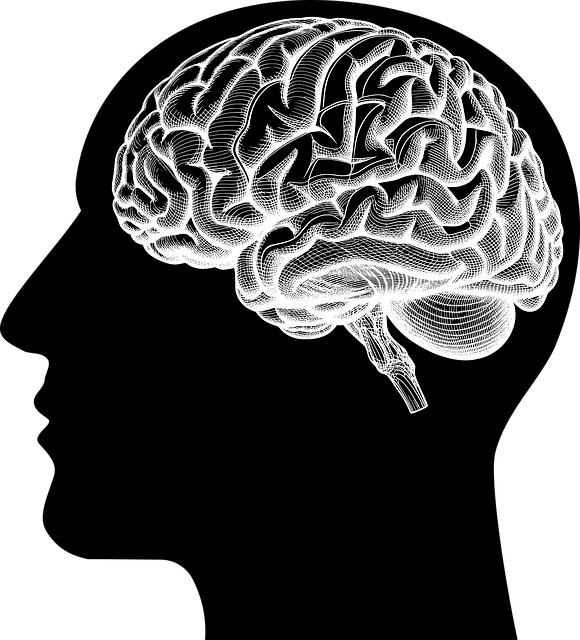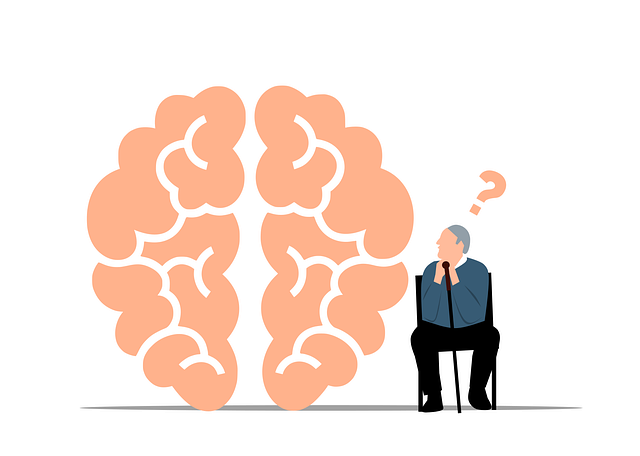Adult veterans face unique challenges transitioning from military to civilian life, requiring specialized therapy for adult veterans focused on mental health and trauma support. Evidence-based approaches like Cognitive Processing Therapy (CPT) and Eye Movement Desensitization and Reprocessing (EMDR) aid in processing traumatic memories and managing PTSD symptoms. Crisis intervention, group sessions, and community support groups empower veterans with coping mechanisms and create a sense of belonging. Accessing these services through online platforms, hotlines, or community-based organizations enhances recovery, reduces isolation, and improves overall well-being for veteran populations.
Trauma support services are crucial for the wellbeing of adult veterans, who often face unique challenges stemming from their military experiences. This article delves into the multifaceted approach needed to assist these individuals. We explore the role of therapy in promoting veteran mental health, access points to trauma support services, effective therapeutic methods, and the power of community fostering. By understanding these aspects, we can enhance the availability and accessibility of therapy for adult veterans, ensuring they receive the necessary care for their post-trauma recovery.
- Understanding the Unique Challenges Faced by Adult Veterans
- The Role of Therapy in Supporting Veteran Wellbeing
- Accessing and Navigating Trauma Support Services
- Effective Therapies for Post-Trauma Recovery
- Fostering Community Support for Veteran Mental Health
Understanding the Unique Challenges Faced by Adult Veterans

Adult veterans return home with a unique set of challenges that often require tailored trauma support services. Many face the transition from military to civilian life, which can be overwhelming due to significant changes in routine, environment, and social dynamics. This adjustment period may lead to feelings of isolation, confusion, and even crisis, as they navigate unfamiliar territory. The experiences of war, including exposure to traumatic events, can have lasting effects on mental health, making therapy for adult veterans a critical aspect of their reintegration process.
Specific issues like post-traumatic stress disorder (PTSD), depression, and mood management are prevalent among veterans. Crisis intervention guidance is essential in providing immediate support during acute distress. However, long-term therapy focuses on processing traumatic memories, developing coping strategies, and rebuilding social connections. Tailoring these services to address the unique experiences of veterans can significantly enhance their ability to overcome challenges and lead fulfilling civilian lives.
The Role of Therapy in Supporting Veteran Wellbeing

Therapy plays a pivotal role in supporting the wellbeing of adult veterans, addressing the unique challenges they face upon returning to civilian life. Specialized therapy programs tailored for veterans can help process traumatic experiences, manage PTSD symptoms, and re-acclimate to everyday routines. Through evidence-based approaches like cognitive processing therapy (CPT) or eye movement desensitization and reprocessing (EMDR), veterans gain tools to navigate mental health struggles effectively.
Beyond individual therapy, group sessions offer a sense of community and shared understanding among peers facing similar traumas. Crisis intervention guidance and risk management planning for mental health professionals are essential components in these settings, ensuring safe and supportive environments. Additionally, burnout prevention strategies for healthcare providers are crucial to maintaining the long-term sustainability of veteran support services.
Accessing and Navigating Trauma Support Services

Accessing trauma support services is a vital step for individuals dealing with the aftermath of traumatic events. For adult veterans, specific therapeutic options like therapy tailored for their unique experiences can be incredibly beneficial. Many organizations offer specialized programs designed to address the mental health needs of veterans, incorporating evidence-based practices such as cognitive processing therapy and eye movement desensitization and reprocessing (EMDR) to help them process and overcome their traumatic memories. These services often include crisis intervention guidance, ensuring immediate support during acute distress.
Navigating these resources can be challenging, but various initiatives are in place to make the process more accessible. Mental wellness coaching programs development has led to innovative approaches, including online platforms and community-based support groups. Crisis intervention guidance is readily available through hotlines and emergency services, providing immediate assistance. Conflict resolution techniques, learned through these programs, empower individuals to manage and reduce potential triggers, fostering a safer environment for healing.
Effective Therapies for Post-Trauma Recovery

Post-trauma recovery for adult veterans can be significantly enhanced through various effective therapies. One such therapy gaining recognition is Cognitive Processing Therapy (CPT), which helps individuals process and reframe traumatic memories, reducing their impact over time. CPT combines elements of cognitive therapy with exposure therapy, encouraging veterans to confront and reinterpret distressing recollections in a safe environment. This approach not only aids in trauma resolution but also promotes resilience against potential burnout prevention challenges that often accompany military service.
Additionally, Eye Movement Desensitization and Reprocessing (EMDR) therapy has proven effective for many veterans. EMDR facilitates the brain’s natural healing process through bilateral stimulation, such as side-to-side eye movements or tactile taps. This technique helps individuals desensitize to traumatic memories while reprocessing associated emotions and beliefs. By addressing underlying issues and developing coping skills, these therapies empower adult veterans to navigate their recovery journey more effectively, improving their overall well-being and quality of life.
Fostering Community Support for Veteran Mental Health

Community support plays a pivotal role in fostering positive mental health outcomes for veterans. Many veterans face unique challenges upon returning home, such as adjustment issues, PTSD, and depression, which often require specialized therapy for adult veterans tailored to their experiences. By integrating community-based initiatives, we can create a network of support that extends beyond traditional healthcare settings.
Public awareness campaigns development and stress management workshops organization are effective strategies to engage communities in veteran mental health advocacy. These initiatives educate the public about the specific needs of veterans, reduce stigma, and encourage early intervention. Moreover, risk management planning for mental health professionals becomes more manageable when communities actively participate in creating a supportive environment. This collaborative approach not only enhances access to therapy for adult veterans but also strengthens community resilience and overall well-being.
In light of the unique challenges faced by adult veterans, it’s clear that tailored trauma support services are vital for their wellbeing and recovery. From understanding specific veteran needs to fostering community support, various components must align to provide effective care. Recognizing the importance of therapy in this process, as highlighted throughout this article, can lead to profound improvements in the mental health outcomes for our veterans. By accessing and navigating available resources, we can ensure that those who have served are equipped with the tools they need to thrive.








